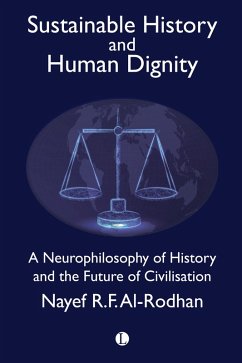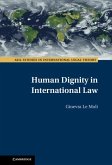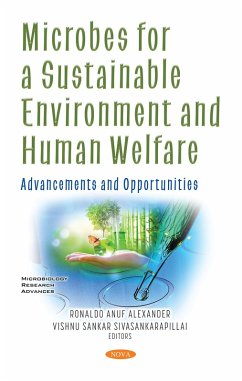Sustainable History and the Dignity of Man is a new philosophy of history. This volume outlines how sustainable history is propelled by good governance, which balances the tension between the attributes of human nature - emotionality, amorality and egoisms - and human dignity needs, such as reason, security, human rights, accountability, transparency, justice, opportunity, innovation and inclusiveness. The author proposes minimum criteria for good governance that are sensitive to local cultures and histories but meet certain common global values to ensure maximum and sustainable moral and political cooperation. Using an ocean model of a single collective human civilisation, the author argues that we should think in terms of a common human story that is comprised of multiple geo-cultural domains and sub-cultures with a history of mutual borrowing and synergies. The author argues that, today, all geo-cultural domains must succeed if humanity as a whole is to triumph. This collective triumph will also depend on reason and a recognition that a great deal of knowledge is indeterminate and may be temporally, spatially and perhaps culturally constrained, as is outlined in the author's new theory of knowledge: "Neuro-rational Physicalism". Dr. Nayef R.F. Al-Rodhan is Senior Scholar in Geostrategy and Director of the Programme on the Geopolitical Implications of Globalisation and Transnational Security at the Geneva Centre for Security Policy, Geneva, Switzerland. "This book is an exceptionally wide-ranging examination of past and present approaches to the securing of a qualitatively adequate social life on the planet. The need for intercultural dialogue is pressing and stated as a matter of urgency in the text. That argument is well-presented and it is helpfully accompanied by a large amount of empirical evidence. The book is also a strong and ethically attractive humanist statement about the value of human interaction that incorporates a vision of mutual respect based on a mixture of scientific arguments and normative aspirations. Those features are very impressive." Professor Michael Freeden, Professor of Politics, Director of the Centre for Political Ideologies, Professorial Fellow, Mansfield College, University of Oxford, United Kingdom.
Dieser Download kann aus rechtlichen Gründen nur mit Rechnungsadresse in A, B, BG, CY, CZ, D, DK, EW, E, FIN, F, GR, HR, H, IRL, I, LT, L, LR, M, NL, PL, P, R, S, SLO, SK ausgeliefert werden.









